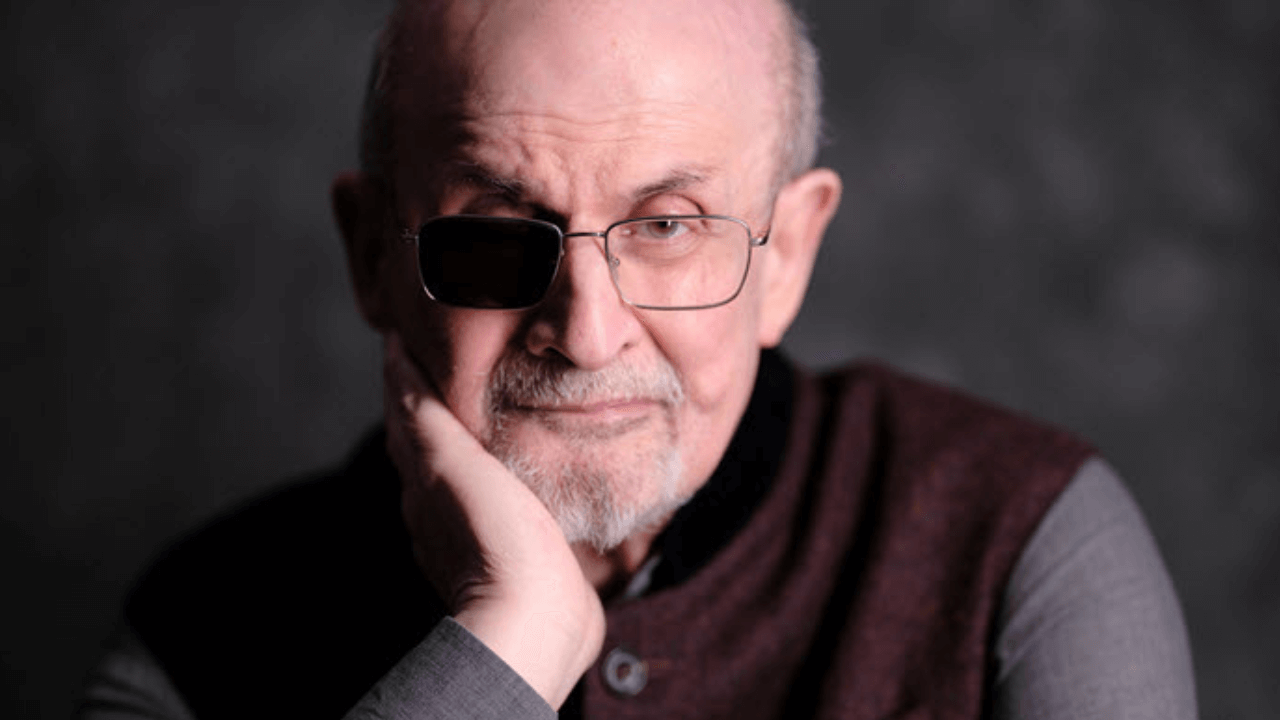Renowned writer Salman Rushdie has been honored with a prestigious German Peace Prize for his literary achievements and his unwavering determination in the face of continuous threats to his life, about a year after he was stabbed during a festival in New York.
The Peace Prize of the German Book Trade announced that the British-American author would be presented with the award in Frankfurt on October 22, coinciding with Rushdie’s 76th birthday.
More About the News
- The jury described Salman Rushdie as a passionate advocate for freedom of thought and expression, praising his influential novel “Midnight’s Children,” published in 1981, for its insightful exploration of migration and global politics.
- They further acknowledged Rushdie’s ability to capture the destructive power wielded by oppressive regimes in their attempts to dismantle entire societies, while also celebrating the indomitable spirit of resistance exhibited by individuals.
- Since the issuance of a fatwa against him by Iran’s Ayatollah Khomeini in 1989, in response to perceived blasphemy in his novel “The Satanic Verses” published in 1988, Rushdie has lived under constant and serious threats to his life. The fatwa resulted in the author going into hiding.
- Nevertheless, the jury noted that Rushdie continues to be an ardent defender of freedom of thought and expression, not only for himself but also for those whose viewpoints differ from his own.
- They acknowledged his willingness to accept significant personal risks in his ongoing commitment to upholding an essential prerequisite for peaceful coexistence among humans.
- The award ceremony will take place on October 22, at the Church of St. Paul in Frankfurt am Main. Rushdie will receive a monetary prize of €25,000 (~ ₹22,36,300).
About the German Peace Prize
The peace prize was established in 1949, five years after the end of the Second World War, with the intention of recognizing individuals who actively oppose anything that threatens peace, understanding, and equality among nations.
- The origins of the peace prize can be traced back to a conversation between writers Max Tau and Hans Schwarz.
- When Schwarz praised Tau’s book, saying he would give him a Peace Prize if he had one, Tau humorously responded by suggesting that Schwarz actually create a Peace Prize.
- Inspired by this exchange, Schwarz proposed the idea to a group of German publishers and booksellers, leading to the establishment of a foundation for the Peace Prize.
- Notably, the inaugural prize was awarded to Max Tau himself.
- The guiding principles for the award are influenced by the ideas of German philosopher Immanuel Kant, particularly his vision of universal human rights and his work “Zum ewigen Frieden” (Perpetual Peace), which emphasized peaceful coexistence among nations.
- Traditionally, the peace prize is presented on the Sunday of the Frankfurt Book Fair, held in October at Frankfurt’s St. Pauls Church.
- The church holds historical significance in Germany as it was the venue for the Frankfurt National Assembly in 1848, the first freely elected parliament representing all German states.
- Recipients of the award receive a monetary prize of €25,000.
- 3 August Current Affairs 2023 in English
- MoU Between Subroto Mukerjee Sports and Education Society and All India Football Federation (AIFF) to Promote Football at Grassroot Level
- Dr. Mansukh Mandaviya Delivers Keynote Address at the 13th Indian Organ Donation Day ceremony
- Education Ministry Forms Expert Panel on Anti-Discrimination in Higher Education
- Concerns Arise Over Cheetah Deaths at Kuno National Park
German Peace Prize 2023 – FAQs
What is the German Peace Prize?
The German Peace Prize is an annual prize awarded by the German Book Trade to a personality who has made outstanding contributions to international understanding through their work. The prize was first awarded in 1950.
Why was Salman Rushdie awarded the German Peace Prize in 2023?
Salman Rushdie was awarded the German Peace Prize 2023 for his “indomitable spirit, for his affirmation of life and for enriching our world with his love of storytelling.” The prize committee cited Rushdie’s work as a “powerful force for peace and understanding” and praised his “courage in the face of threats and intimidation.”
